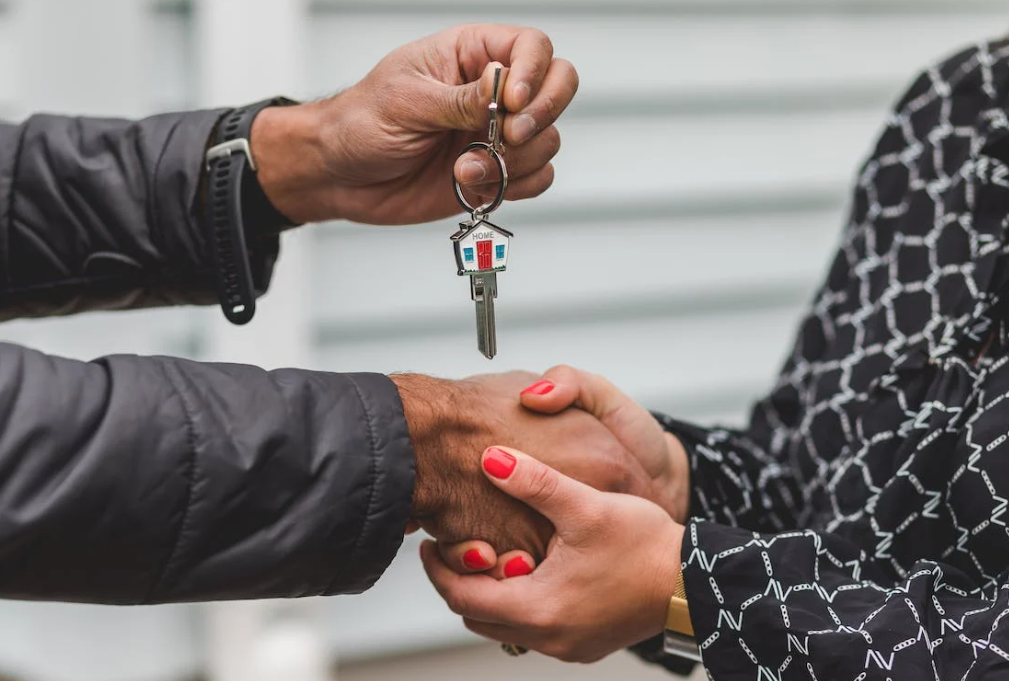Self Improvement Ideas
Learn how to use self-improvement ideas to live a healthier life.

Selfpause Affirmation App
Download the app to get 1,000’s of affirmation meditations and everything you need to write, record and listen to your own.
Using self improvement ideas can help you to live a healthier life. It can help you to become more self-aware, develop a sense of gratitude, and achieve greater goals. It can also help you to develop better relationships, and create more happiness.
Giving back to your community

Performing a simple act of kindness can go a long way towards making your community a better place. Giving back can range from volunteering your time to financial contributions. The best part is that you can be a part of something meaningful and rewarding.
The best way to do this is to find a local organization. There are dozens of volunteer opportunities in your community. If you have time, consider volunteering for your local schools. This is a great way to show your concern for students, while helping to ease the burden of school budgets.
The best part of this type of activity is that it will improve your personal life as well. When you are volunteering, you can meet new people, and gain a better understanding of the community. You can also share your experience with friends and family.
There are also a number of ways to make the most out of a limited budget. You can volunteer your time, donate money, or buy a gift for someone in need.
The best part of this type of activity is that it can be done on a limited budget. You can give your time by volunteering at a local food bank, helping your local animal shelter, or taking your pet to the vet. You can also donate money to local charities, which can help a lot of people.
A great way to do this is to participate in a charitable event like a book drive, or book sale. These can be held at a local bookstore or library, and can benefit local non-profits. You can also write a press release to promote your favorite charities.
Decluttering your life

Getting rid of clutter can improve your life in a number of ways. Not only will you have more space for things that matter, you’ll also have less stress. Using a decluttering checklist can make the process go smoothly.
There are many great decluttering tips, tricks, and resources out there. If you’re serious about getting a tidy home, it’s important to make a plan. A list of goals or objectives will help you stay on track and give you a sense of accomplishment.
Getting rid of clutter can be a daunting task. Luckily, it doesn’t have to be. If you’re looking for a quick fix, try a decluttering checklist. This will give you a visual representation of what you need to get rid of.
A good decluttering checklist will also help you find similar items to get rid of. This is especially helpful if you’re a hoarder. For example, you might have a collection of books that you haven’t read in years. To help you get started, try throwing away a few items that you don’t have any use for.
The best way to get started is to choose a target area. You can declutter your home, your workspace, or even your vehicle. The trick is to choose an area you can easily identify with a few seconds of thought. You can use a decluttering checklist, a digital freeze, or a combination of the two to get started.
Investing in yourself

Investing in yourself for self improvement can be a fun way to refocus and rejuvenate yourself. The results can be immediate and long-term. But it does take time and commitment.
To maximize results, you’ll want to prioritize your time and resources. Take a look at your busy schedule and see what pockets of time you have available.
When you’re busy, it’s easy to get stuck in a rut. Identifying small pockets of free time can be a great way to invest in yourself.
One of the easiest ways to invest in yourself is to write down goals. This gives you a clear destination and helps you to prioritize. You might write down goals to lose weight or pay off your credit card. But you can also make goals to learn a new language, join a music group or start a new hobby.
Investing in yourself for self improvement is also a great way to improve your health. Studies have shown that people who take part in self-growth measures are less likely to experience burnout at work and report greater levels of emotional and spiritual well-being.
Investing in yourself for self-improvement can also increase your income potential. Taking classes at a local community college or through online courses can help you build new skills.
There are also many seminars and live classes available. Some people choose to attend seminars related to their profession, while others choose to attend seminars on personal development. Online classes through platforms such as Udemy can offer additional information and knowledge.
Writing down three things that happened in a day and why they occurred
Taking the time to jot down a few notes can yield a plethora of results. A notebook can be a solitary affair, or it can be shared with a loved one. A notebook can also provide a jolt of jolts. If it is a hump day, consider using it to your advantage. It might even motivate you to get a good night’s sleep.
While you might not need a notebook, writing down a few notes will help keep your mind off the aforementioned hump day blues. The following are just a few suggestions to get you started. This is a small list, but they may be the next best thing on your night stand. You will find that your night stands will thank you for it.
Unplugging from social media

Taking a break from social media is beneficial to your mental health. This is because it helps to lower stress and anxiety, allowing your mind to rest. Unplugging can also give you a sense of freedom, allowing you to enjoy your life without worrying about missing out. It also gives you a chance to reconnect with people in real life, rather than through online platforms.
Taking a break from social media can be a good way to restore your confidence and your sense of self. It also gives you a chance to enjoy special moments without missing out on anything. You can also use this time to learn new things, engage in activities that you enjoy, or start a new hobby.
Unplugging from social media can also improve your mood and help you get more done. Studies have shown that unplugging from social media can help with better sleep. The blue light from your phone can interfere with your ability to fall asleep. Using your phone during dinner can also be unhealthy. Instead, unplug your phone for ten to twenty minutes, and instead think about positive thoughts.
Many people find that they have more energy when they are away from their phones. In fact, the National Day of Unplugging is a great time to take a break. This is because it gives you the chance to get outside, meditate, and do other activities that you enjoy.
Recording yourself
Using a camera to film yourself is a great self improvement idea. Recording yourself can help you to turn off your inner critic and improve your performance.
If you are camera-shy, you might want to film yourself in a more private place. You could use a teleprompter, a smartphone or a computer’s microphone to record your performance.
You might be surprised at how comfortable you feel when you record yourself. It’s a skill that takes time to master.
If you’re not sure where to begin, you might want to record a simple introductory video about yourself. You can then edit the video later to make it look more natural.
If you’re unsure of the best way to record your performance, you might want to experiment with different framing and settings. You might also want to try taking notes, so you can refer to them during your performance.
The most important part of recording yourself is to have confidence. You might feel uncomfortable about being on camera, but you can practice your performance in front of a friend or family member. This can boost your confidence and make you more comfortable with the experience.
Visualizing the content of your video will also help. This can help you to avoid awkward pauses and filler words. You should also try to think of an emotional experience you’ve had and visualize how it would look on film.
Our Top FAQ's
Some effective strategies for self-improvement include setting clear and specific goals, developing a growth mindset, seeking feedback and learning from others, practicing mindfulness and self-care, and staying motivated and accountable.
To set goals for self-improvement, try using the SMART goal-setting framework: make your goals Specific, Measurable, Attainable, Relevant, and Time-bound. Break your goals down into smaller, more manageable tasks, and track your progress along the way.
To overcome procrastination and build better habits, try identifying the root causes of your procrastination, setting realistic and achievable goals, breaking tasks down into smaller steps, and using tools and techniques like the Pomodoro Technique, time blocking, and the “two-minute rule.”
To improve your communication skills and assertiveness, try practicing active listening, learning to express yourself clearly and confidently, setting boundaries, and using “I” statements to express your own needs and opinions.
To work on becoming more confident and self-assured, try setting and achieving small goals, learning to recognize and challenge negative self-talk, seeking out new challenges and experiences, and practicing self-care and self-compassion.
